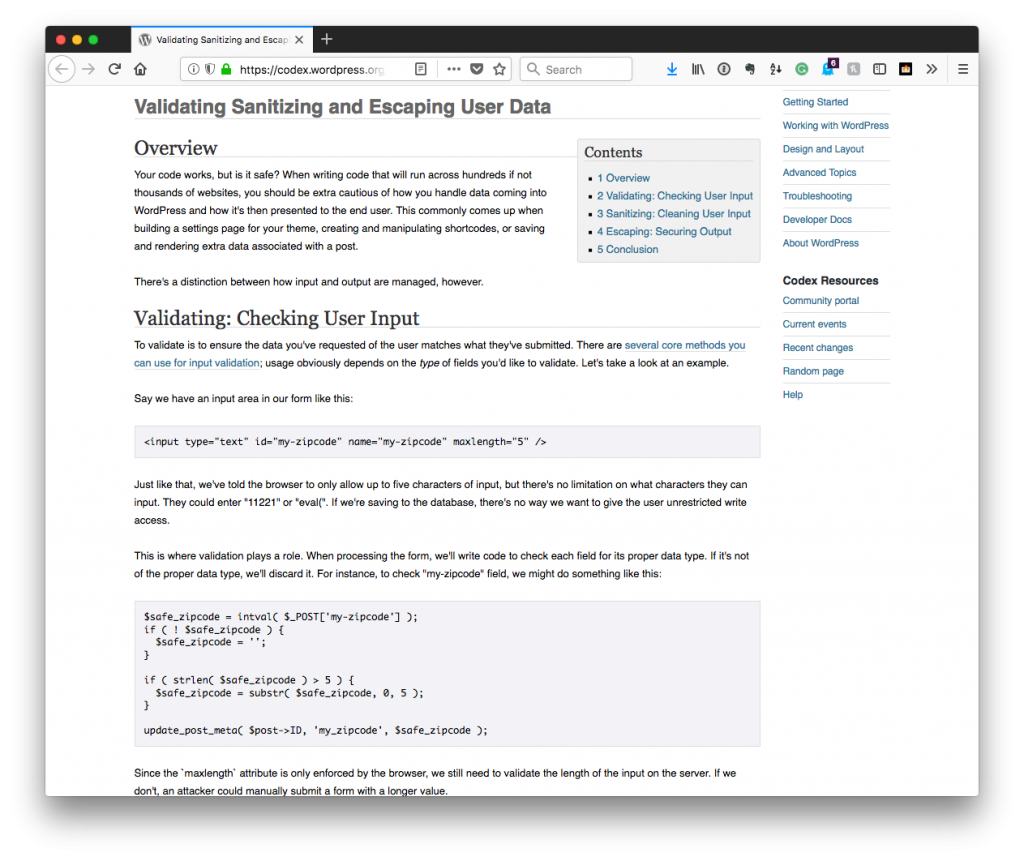Last week, I said that I was going to be writing a series of posts explicitly focused on practical tools for freelance WordPress developers who are looking to improve their skills.
Specifically, I will be writing about the tools, processes, and more for the Independent WordPress Developer. Thus, the goal is to provide a series of content geared towards those of you who are freelancers or who work on a team of one but are looking to apply repeatable, solid tools and practices to your workflow.
In other words, it’s about using a set of tools designed to help you create the best solutions possible for your customers (and doing so with next-to-nothing in overhead cost).
The challenge that comes with doing something like this is two-fold:
- It’s a lot of content,
- There’s a [small] learning curve.
So, yes, technically you can go to different sites or areas and learn bits and pieces about these things, but the goal of the upcoming series of posts is simple:
Focus directly on the independent WordPress developer and do so in a practical, easy-to-understand, applicable way.
And that’s what I’m planning to do in the series starting today.




